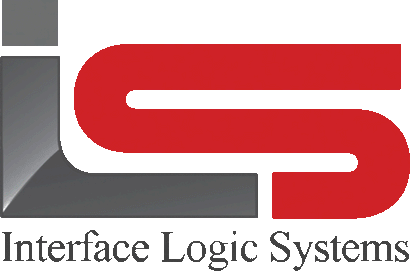Your Cart is Empty
Shop

ScaleQ Scale Ticketing Software Arithmetic Overflow Error Message
September 09, 2022 2 min read
An “arithmetic overflow” error can occur in ScaleQ, especially in older applications. The Microsoft error that is presented is not particularly descriptive, but typically resembles the following:

The most common cause for this error is an accumulation field which has exceeded it’s capacity. For example, the ScaleQ Material table may include fields for Daily Loads, Daily Tons, Loads and Tons. Daily Loads and Tons are calculated “on the fly” and the fields are reset automatically. Loads and Tons fields represent an ongoing accumulation and do not automatically reset; a manual reset is required.
If a particular Material is purchased by many customers, for many projects, it may, over time have accumulated 10,000 loads. If the Material Loads field had a maximum of four digits, it can’t exceed 9,999 loads. At this point any additional transactions referencing this material will result in an arithmetic overload error, which will crash the program.

Resolving the problem is as simple as zeroing out the accumulations in the offending record. To determine which tables include total Load and Ton accumulations, navigate to “Package”, click on each table name in the left-hand pane, and scroll through the field list in the right-hand pane, as shown above.
To zero totals, navigate to Setup | General and make sure that “Allow zero totals” is checked. You can then navigate to Files, select the appropriate file (e.g. Customer), then click on the arrow (▼) next to “Tickets”. “Zero Totals” will now be available.
NOTE: If you open the record, as if to edit it, only the totals for that record will be zeroed. If you select zero totals while looking at the browse list of all records, totals for all records will be zeroed.
Leave a comment
Comments will be approved before showing up.
